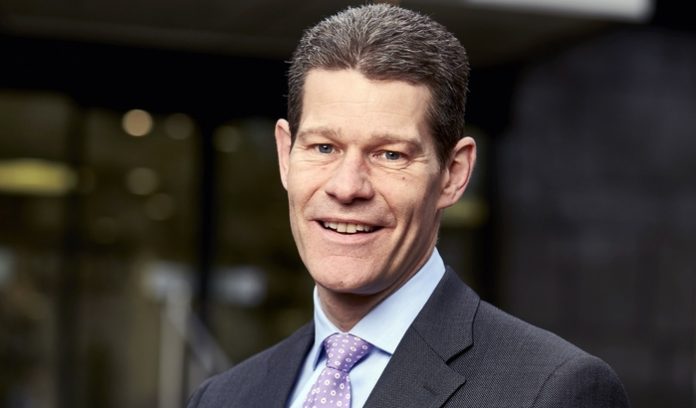
Innovation, culture and strong governance are the key ingredients of successful cities, a new report from CBRE, the world’s leading real estate advisor, has revealed.
The report, ‘Our Cities, Knowledge for the future’, is a thought provoking insight on how British cities – including Birmingham – might look and feel in twenty years’ time.
The project examines what makes a successful city through a collection of 80 articles, with insights on areas such as diversity, culture and sport, the economy, sustainability, governance, health, transport and placemaking. It identifies innovation, culture, and governance as being crucial to the success of British cities.
Martin Guest, CBRE Birmingham office managing director, said: “While governance can be imposed with order, and innovation encouraged through strategic investment and incubation, culture is more dependent on its inherency in a city’s DNA. This is where Birmingham has an edge on its urban peers: our values and inclusivity have kept the city standing throughout adversity – and our culture brings these to life. One of the most diverse cities in Europe and the UK’s most populous outside London, Birmingham has a certain something that can’t be replicated from scratch.
“The West Midlands Combined Authority and the introduction of a directly elected mayor has helped tighten governance, join the dots and put the foundations we need to maximise our potential in place. And the string of business and investor endorsements we have seen of late are testament to the city’s success, and its potential for the future.”
In terms of innovation, Birmingham is leading the charge in areas such as advanced manufacturing, automotive, battery testing, bio-science and computer game design, while the city’s rich and diverse cultural offer includes museums, galleries, music and concert venues, theatres and street festivals.
The creation of the West Midlands Combined Authority has brought with it the autonomy of devolution and strong governance in the form of a directly elected mayor.
Martin added: “These three elements combined, together with Birmingham’s growing investor pool and the businesses and people that buy into the city’s long-term vision, it’s easy to see why Birmingham is a winning proposition.”
Miles Gibson, head of UK research at CBRE, said: “Our research shows that the future of our cities will be influenced by an immense range of factors, and the inherent uncertainty of forecasting means that it’s not yet known what the future city entails. This research attempts to present the evidence on a variety of plausible cases.
“We don’t believe that the British city of the 2040s will be radically different from how it is now. Our cities have been around for centuries, and you can see their age in their heritage of street patterns, built environment and rich infrastructure.
“This is not to say that cities will not be cleaner, greener and safer by 2040. But one of the best guides to how fast our cities might change in the 20 years from now is to look at the change in our cities from 20 years ago. The cities that do best will be the ones that focus on vibrant innovation, a rich culture and strong governance.”


















